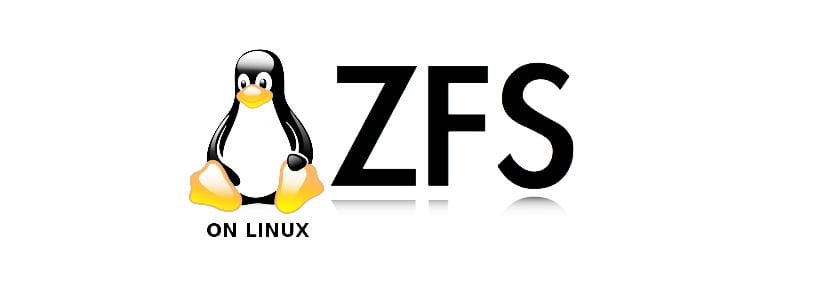
Developers who are in charge of the base code "ZFS on Linux" which is developed under the auspices of the OpenZFS project as a reference implementation of ZFS, they recently released the news that adopted some changes which add support for the FreeBSD operating system.
The code added to "ZFS on Linux" was tested on FreeBSD branches 11 and 12. Therefore, FreeBSD developers no longer need to maintain their own synchronized branch of "ZFS on Linux" and development of all FreeBSD-related changes will take place in the main project.
Besides, andl FreeBSD performance of main branch "ZFS on Linux" during development se will be tested on a continuous integration system.
Remember that en December 2018, the FreeBSD developers took the initiative to change to the implementation of ZFS from the ZFS project on Linux (ZoL), around which all the activity related to the development of ZFS has recently been centered.
The reason for the migration was the deadlock of the Illumos project's ZFS codebase (fork of OpenSolaris), which was previously used as the basis for transferring ZFS-related changes to FreeBSD.
Until recently, Delphix, a development company for the DelphixOS operating system, made the main contribution to supporting the ZFS codebase on Illumos (fork of Illumos). Two years ago Delphix decided to switch to ZFS on Linux, prompting el ZFS stall of the Illumos project and the concentration of all development-related activities on the ZFS project on Linux, which is now considered the primary implementation of OpenZFS.
Since the ZFS implementation of Illumos ya is significantly behind "ZFS on Linux" in terms of functionality, FreeBSD developers realized that the FreeBSD community did not have enough strength to maintain and develop independently the existing code base. If you continue to use Illumos, the gap in functionality will only grow and the transfer of fixes will require more and more resources.
Instead of trying to hold onto Illumos, ZFS on FreeBSD support team decided to adopt "ZFS on Linux" As the main collaborative development project for ZFS, direct existing resources to increase the portability of your code and use your code base as the basis for your implementation of ZFS for FreeBSD. FreeBSD support will be integrated directly into the "ZFS on Linux" code and will be developed mainly in the repositories of this project (the issue of joint development in a single repository has already been agreed with Brian Behlendorf, ZFS project leader on Linux) .
FreeBSD Developers decided to follow a common example and not try to hold onto Illumos, as this implementation is already far behind in functionality and requires large resources to maintain code and transfer changes.
"ZFS on Linux" is now seen as the leading collaborative development project unique to ZFS.
Among the features that are available in "ZFS on Linux" for FreeBSD, but not available in the Illumos implementation of ZFS, stand out a multihost mode (MMP, Multi Modifier Protection), an extended quota system, encryption of sets of data, separate selection of allocation classes for blocks (allocation classes), the use of vector processor instructions to speed up RAIDZ implementation and calculation of checksums, improved command line tools, and many related bug fixes with the race conditions.
Thus FreeBSD's support for ZoL will facilitate the movement of changes between FreeBSD and Linux, in addition to the developers mentioning that some improvements will be received, of which they mention:
- import FreeBSD SPL
- add ifdefs in common code where it makes more sense to do so than duplicating the code in separate files
Finally yes you want to know more about it, you can check the details in the following link.